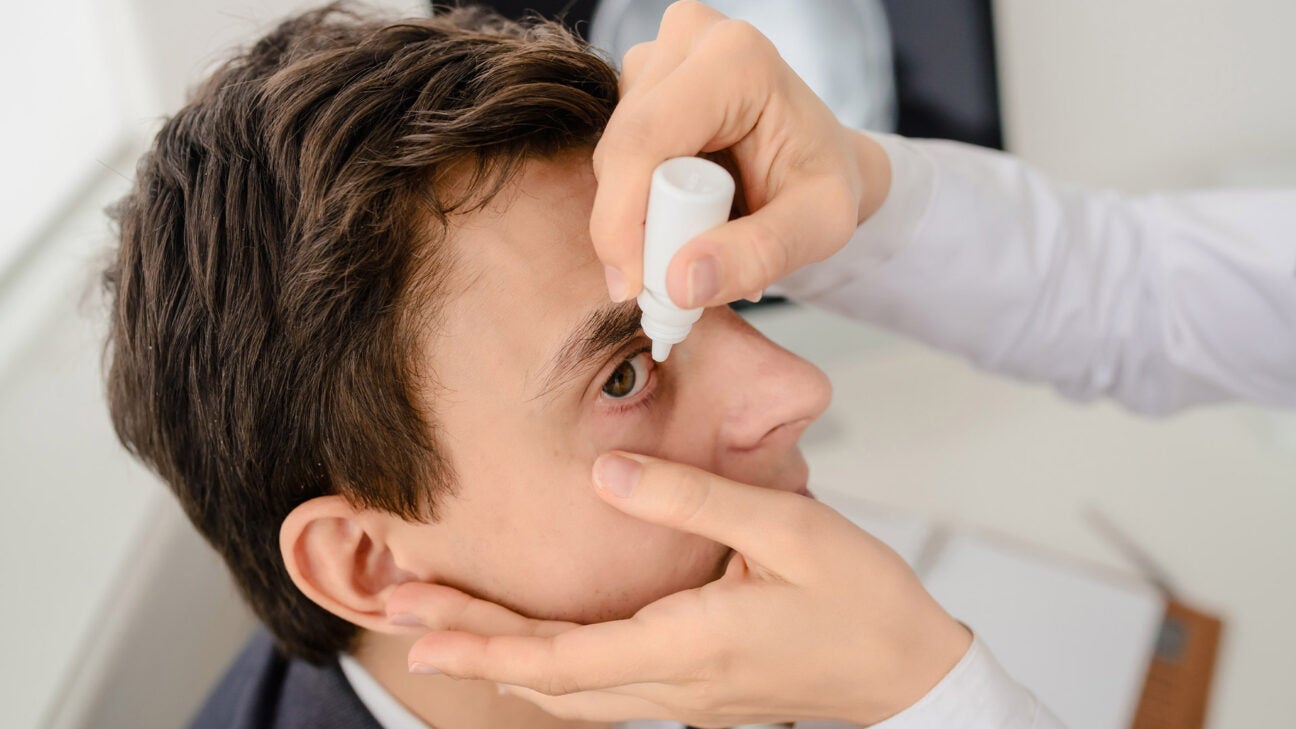A growing number of individuals are coming forward with accounts of cosmetic surgeries that resulted not in enhanced appearances but in painful, disfiguring outcomes. From botched facelifts and breast augmentations to poorly executed liposuction and rhinoplasty procedures, patients have begun to raise concerns over the safety and regulation of an industry that promises transformation but, for some, delivers long-term damage.
These stories are not isolated. Across the United States and in other countries with booming aesthetics industries, patients have described undergoing cosmetic procedures only to suffer infections, nerve damage, asymmetrical results, or even permanent facial and bodily disfigurement. While cosmetic surgery remains a multi-billion-dollar global business, these reports highlight the need for closer scrutiny, particularly regarding medical oversight, informed consent, and patient protections.
When enhancements go wrong
The appeal of cosmetic surgery lies in its promise of improvement—reshaping features, restoring youth, or aligning physical appearance with self-image. However, when procedures fail, the physical and emotional toll can be devastating.
Several individuals have shared experiences of undergoing operations conducted by doctors without the necessary qualifications or experience. Often, people were deceived by false advertisements, paid for medical consultations, or were influenced by online promotions displaying perfect “before and after” images. In certain situations, they were pushed into having more procedures or convinced to try treatments not yet approved.
The outcomes of these choices have varied from intense scars and ongoing pain to irreversible disfigurements. For some, the issues required several corrective surgeries, each carrying its own hazards and financial strains. One patient, after a standard eyelid operation, suffered tissue death that left her forever unable to completely close her eyes. Another experienced substantial nerve harm after liposuction, leading to continuous numbness and trouble walking.
A lack of regulation and transparency
Some of the issues stem from the way the cosmetic surgery sector is organized. Unlike other medical fields which are strictly regulated, the beauty industry frequently functions with less control. In numerous areas, doctors with training in different medical specializations can legally conduct cosmetic operations with limited extra education. This gap has resulted in an increase in individuals without proper qualifications providing surgical and non-surgical services without a full grasp of the potential dangers.
Additionally, there is no single standard for obtaining informed consent in cosmetic treatments. Patients might be given unclear or overly hopeful descriptions of risks, without completely grasping the chance of complications or the possibility of lasting damage. Sometimes, the urgency to attract clients and increase revenue overshadows the ethical duty to ensure patient safety.
Medical professionals and organizations supporting patient rights have more frequently requested changes, such as improved accreditation, stricter criteria for licensing, and uniform risk disclosures. They also stress the need to differentiate between board-certified plastic surgeons and other providers offering cosmetic procedures with unclear designations.
Psychological effects of disfigurement
Beyond the physical injuries, the psychological burden of cosmetic surgery complications is profound. Many individuals enter surgery with the hope of improving their self-esteem or correcting perceived flaws. When results fall short—or when the outcome is significantly worse than the initial appearance—the psychological fallout can be intense.
Patients have reported anxiety, depression, social withdrawal, and loss of self-confidence. Some experience feelings of betrayal or regret, particularly if they feel they were manipulated or inadequately informed prior to undergoing the procedure.
In some situations, people have initiated legal actions not only due to the physical harm they suffered but also for emotional suffering, lost earnings, and enduring psychological impact. Experts in mental health highlight that the embarrassment and solitude resulting from failed operations can impede healing and make it more difficult to pursue corrective treatment.
Dangers of global health tourism
Many individuals who experienced issues after having cosmetic surgery had their operations done overseas, attracted by the appeal of reduced costs and the prospect of a vacation-like setting. Although certain nations are home to esteemed clinics and proficient surgeons, others provide services with minimal oversight or follow-up care.
In some of the most concerning cases, patients were flown home with open wounds, infections, or incomplete surgeries—only to face difficulties finding local doctors willing to take on high-risk corrective procedures. Language barriers, lack of legal recourse, and absence of follow-up care contribute to the risks of medical tourism in the cosmetic field.
Public health officials have increasingly issued warnings about undergoing surgical procedures outside one’s home country, particularly when price appears to be the primary motivation. They encourage thorough research, including verification of surgeon credentials, facility accreditation, and availability of aftercare.
Legal accountability and the road to recovery
For patients dealing with the aftermath of failed cosmetic procedures, legal action is one avenue of recourse. Medical malpractice lawsuits against surgeons or clinics may result in compensation for pain, corrective treatments, lost income, and emotional damages. However, legal pathways vary significantly depending on jurisdiction, and proving negligence can be complex—especially when consent forms, however vague, have been signed.
Some advocacy organizations have stepped in to support victims, offering legal guidance, referrals to accredited surgeons for corrective procedures, and mental health resources. These groups also push for greater transparency in the industry and more robust mechanisms for reporting and investigating complications.
In reaction to increasing demands, certain professional boards and healthcare organizations have started to enforce stricter rules for promotions, patient information, and clinic certification. However, detractors claim that these actions are often scattered and typically arrive too late to avoid damage.
Informed decisions and patient empowerment
At the core of this issue lies the need for better patient education. Experts urge prospective patients to do thorough research before undergoing any procedure—checking not only credentials and clinic reviews but also seeking second opinions and understanding the full range of potential complications.
Clear communication, realistic expectations, and detailed consultations can help reduce the risk of dissatisfaction or serious harm. Medical professionals recommend verifying board certifications, reviewing a surgeon’s portfolio of past work, and asking direct questions about training, recovery times, and emergency protocols.
Patients gain from considering their reasons and objectives carefully. Complications can arise when people hastily decide on procedures due to personal crises, societal influences, or trends on social media. Taking time to make informed decisions typically helps avoid future regrets.
The field of cosmetic surgery holds great promise for those seeking to feel more comfortable in their own skin. However, as the recent surge of patient complaints illustrates, the industry must reckon with serious flaws—chief among them, inconsistent standards and a lack of accountability in some corners of the practice.
Greater transparency, better regulation, and a commitment to ethical medical practice are essential to ensuring that cosmetic procedures enhance lives rather than harm them. As public awareness grows, so too should efforts to protect patients and ensure that aesthetic aspirations do not result in lasting injury.




